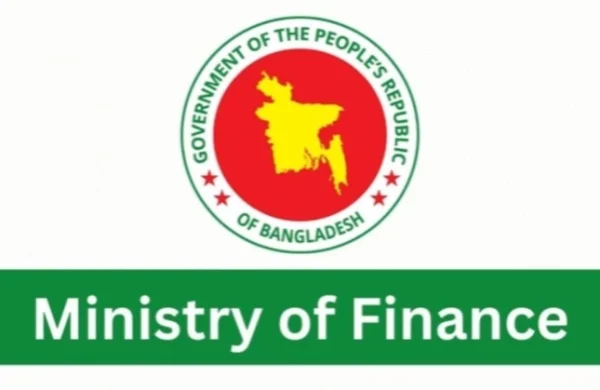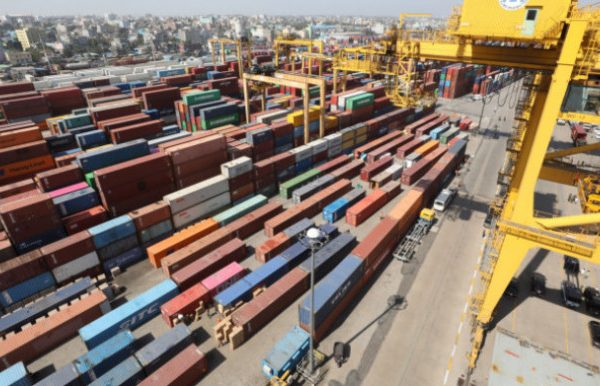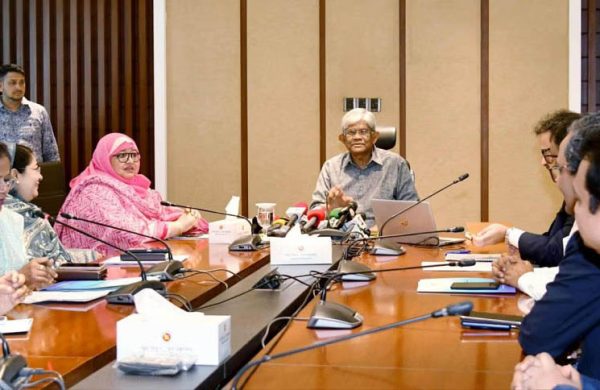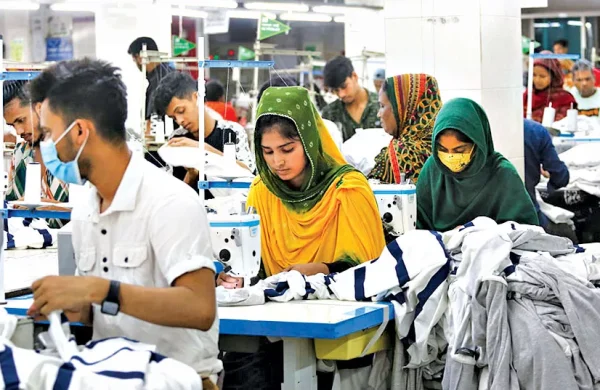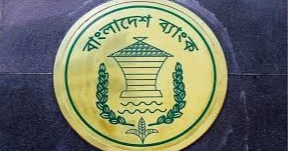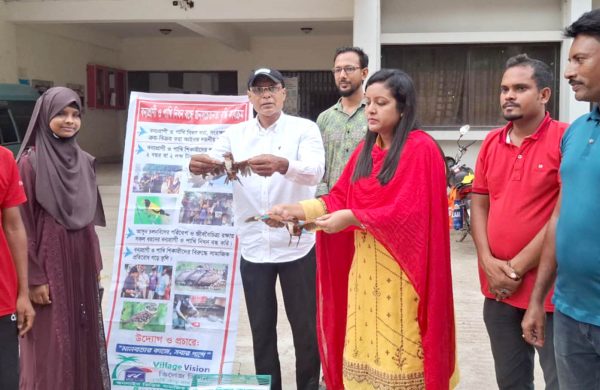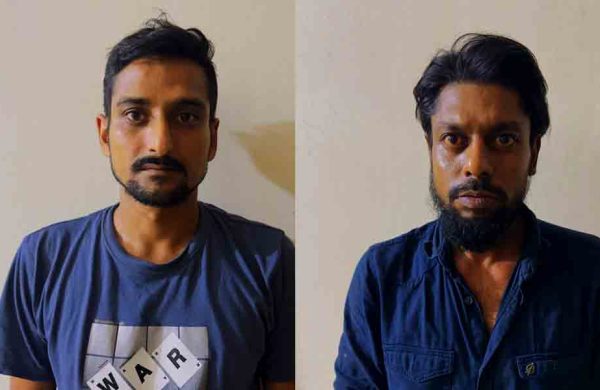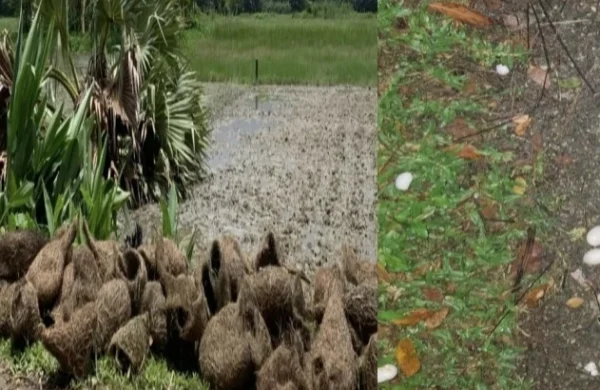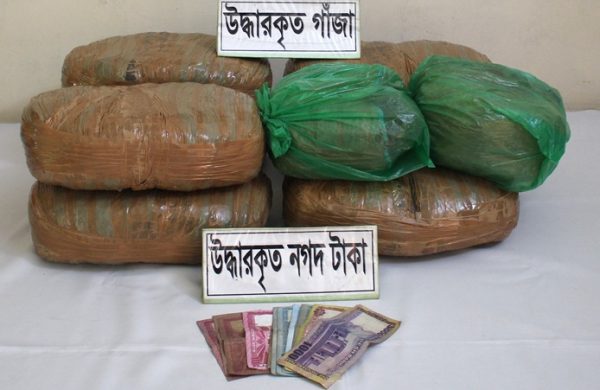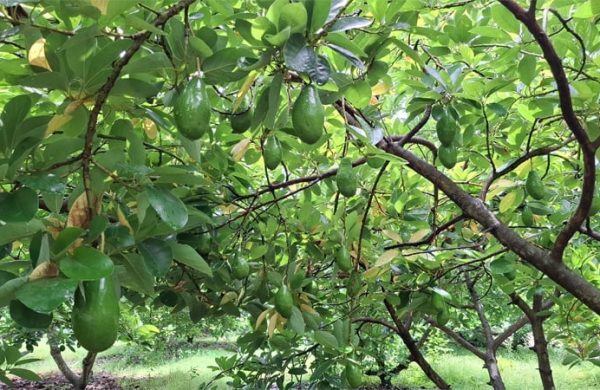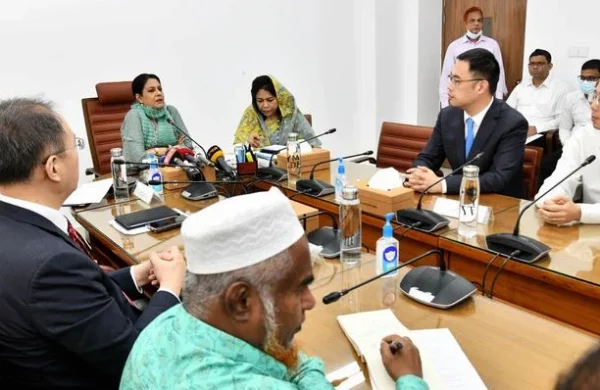NBR plans to ease duty-free imports for small, non-bonded exporters
- Update Time : Sunday, February 16, 2025
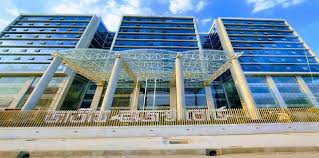
Staff Correspondent:
The National Board of Revenue (NBR) is considering letting small-scale exporters without bonded warehouse licences import raw materials duty-free using a bank guarantee for the applicable taxes. This aims to speed up exports, support diversification, and make doing business easier.
Initially, the NBR’s customs wing is considering offering the benefit to exporters with annual exports under $5 million, aiming for implementation by next June.
NBR sources said the revenue authority met with government and private sector representatives on 23 January to explore a feasible approach, forming a committee to develop recommendations within three weeks.
“Some entrepreneurs from the steel, furniture, and food processing industries have approached us for this facility. We are now considering providing it centrally to all exporters as an alternative to the bonded warehouse license,” said an NBR official familiar with the matter.
Md Moazzem Hossain, member of Customs Bond and IT at the NBR, confirmed the matter “There is a plan to release raw materials for export under a duty-free facility by securing a bank guarantee equivalent to the import tax on raw materials.”
“Once the goods are manufactured and exported using those raw materials, the bank guarantee will be released upon providing proof of the foreign exchange inflow [Proceed Realisation Certificate],” he said.
Moazzem Hossain also highlighted that the current export volume of factories without bond licences exceeds $8 billion.
To facilitate the import of raw materials, the government has been allowing duty-free imports under the condition that the materials must be stored in a designated warehouse and fully utilised for export – a system known as bonded warehousing.
However, entrepreneurs say obtaining a bonded warehouse licence involves fulfilling stringent conditions and going for “additional expenses”, which are often unbearable for small-scale exporters. As a result, many are reluctant to opt for it.
According to the Office of the Chief Controller of Imports and Exports, over 20,000 exporters operate annually, though not all require raw material imports. However, only about 6,000 factories, including those in ready-made garments, plastics, and other sectors, are eligible to import raw materials duty-free under the bond facility.
According to the Export Promotion Bureau (EPB), the country exports around 87 types of manufactured goods. In FY24, Bangladesh exported about $44.46 billion worth of manufactured goods, with over 80% coming from the ready-made garment sector.
EXPORTERS WANT ‘A MORE ACCESSIBLE ALTERNATIVE’
While exporters have welcomed the NBR’s initiative, some have called for a more flexible approach.
“Despite our struggles in many areas, this is good news in the current situation,” Mohammad Hatem, president of the Bangladesh Knitwear Manufacturers and Exporters Association (BKMEA).
He added, “We have long been urging for a pragmatic solution to facilitate duty-free raw material imports for exporters who are unable to obtain a bonded warehouse license.”
The Narayanganj-based knitwear exporter, however, suggested a more accessible alternative to the bank guarantee, as it may not be feasible for all exporters.
“Sometimes, banks are reluctant to provide guarantees for all types of exporters. Additionally, exporters need to deposit a significant amount as security and must pay commissions to the banks – this could put small-scale exporters in a difficult position,” he explained.
Instead, he proposed that the NBR consider VAT office audit reports as an alternative to bank guarantees, as all exporters are registered with that office.
Currently, there is a system to reclaim the import tax paid on imported raw materials after export, known as the duty drawback.
Although exporters can apply for a refund of previously paid import taxes through the Duty Exemption and Drawback Office (DEDO) of the NBR, the process involves several complications. These include the requirement to submit extensive documentation, long processing times, and additional costs, leading to complaints from exporters.
As a result, many are discouraged from seeking refunds through DEDO, entrepreneurs say.
WILL THE COST OF DOING BUSINESS DECREASE?
NBR Member of Customs Bond and IT Md Moazzem Hossain said the initiative would be a major step toward improving the ease of doing business while also reducing costs.
“If implemented successfully, small exporters will have the opportunity to grow, and export diversification will be encouraged,” he said, adding that it could be introduced within the current fiscal year.
However, some exporters say providing a bank guarantee as an alternative to obtaining a bond license will not significantly reduce the cost of doing business or improve the ease of doing business.
Rashedul Karim Munna, managing director of Creation Private Limited – one of the country’s largest jute goods exporters – said securing a bank guarantee is not feasible for everyone.
“A substantial amount of money must be deposited as security for a bank guarantee, and exporters must also pay a commission to the bank for the service,” he said.
“It may be more practical to consider the money in an exporter’s Export Retention Quota (ERQ) account as a bank guarantee,” he suggested.
However, some exporters argue that most of them do not currently have significant funds in their ERQ accounts.
Nasir Khan, vice president of the Leathergoods and Footwear Manufacturers & Exporters Association of Bangladesh, also believes that requiring a bank guarantee will not meaningfully reduce business costs.
He emphasised the need for a system that allows the import of raw materials without restrictive conditions, provided that a certain percentage of value-added exports is achieved by the end of the year.
“In countries like Vietnam and Thailand, there are no bond licence requirements or other conditions for duty-free raw material imports. They simply ensure that a certain percentage – let’s say 30% – of additional exports is achieved by year-end. We could adopt a similar approach,” he explained.
CONCERNS OVER POSSIBLE MISUSE
Khondaker Golam Moazzem, research director at the Centre for Policy Dialogue (CPD), raised concerns about potential misuse of duty-free import facilities allowed with only bank guarantee.
He said, “The customs department is currently developing its capacity to monitor irregularities among factories holding bond licenses. However, if a large number of new factories are granted duty-free import facilities, how can we ensure that these raw materials are not diverted to the local market instead of being used for exports?”
“These facilities should only be introduced after strengthening the capacity of the NBR,” he added.
Md Luftor Rahman, former NBR member, acknowledged that the initiative is a positive step. However, he said, “If the entire import-export process is not fully digitised, merely reviewing the proceed realisation certificate will not be enough to verify that exports have actually taken place.”
“If this facility is introduced without ensuring transparency and accountability, there is a significant risk of misuse,” he warned.
A senior official from the NBR’s customs department on condition of anonymity, “Even if a PRC is issued, it will be difficult to confirm whether the exported goods were actually produced using raw materials imported under duty-free facilities.”



